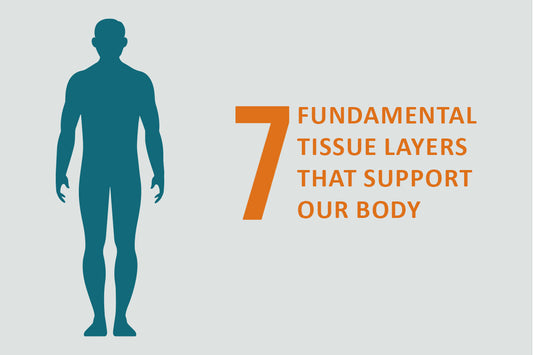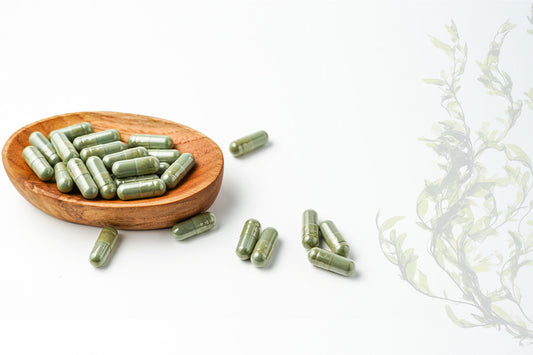When we talk about eating healthy, we often focus on consuming a balanced diet filled with various nutrients. But, it’s not just about what you eat—it's also about how well your body can use those nutrients. This concept is known as the bioavailability of nutrients. This blog will explore what bioavailability means, why it’s important, and how you can enhance the absorption of nutrients from your diet.
Understanding Bioavailability
Bioavailability is a term used to describe the proportion of a nutrient that is digested, absorbed, and metabolized through normal pathways in your body. In simple terms, it’s about how much of the nutrient from the food you eat is actually available for your body to use. Not all nutrients you consume are fully available to your body, as some are lost during digestion, or can't be absorbed efficiently due to various factors.
Factors Affecting Bioavailability
Several factors can influence the bioavailability of nutrients:
- Source of the Nutrient: The origin of a nutrient can affect how well it is absorbed. For example, iron from meat (heme iron) is more easily absorbed compared to iron from plants (non-heme iron).
- Preparation of Food: How food is prepared can enhance or reduce nutrient bioavailability. For instance, cooking can increase the availability of certain antioxidants in tomatoes and carrots.
- Interaction with Other Nutrients: Some nutrients can affect the absorption of others. Calcium, for example, can hinder the absorption of iron, whereas vitamin C can enhance it.
- Individual Health: The health of your digestive system and your age can impact nutrient absorption.
- Chemical Form of the Nutrient: The chemical makeup of a nutrient influences its bioavailability. For instance, magnesium in the form of magnesium citrate is typically more bioavailable than magnesium oxide.
Importance of Bioavailability
Understanding the bioavailability of nutrients is crucial because it directly impacts the efficacy of your diet in maintaining your health. Bioavailability refers to the proportion of ingested nutrients that your body is actually able to absorb and use. Even if you consume enough nutrients as per dietary guidelines, you could still face nutrient deficiencies that are not well absorbed. This aspect is vital because it highlights that simply measuring nutrient intake doesn't fully reflect nutritional status. For example, you might ingest adequate amounts of iron but only absorb a fraction due to factors like poor gut health or dietary inhibitors, leading to potential iron deficiency. Thus, recognizing and optimizing nutrient bioavailability is key to ensuring that your dietary intake truly supports your health, preventing deficiencies, and contributing to overall wellness.
Enhancing Nutrient Bioavailability
You can take several steps to improve the bioavailability of nutrients in your diet:
- Combine Foods Wisely: Eating foods in combinations can improve the absorption of nutrients. For example, consuming vitamin C-rich foods like oranges with iron-rich plant foods can increase iron absorption.
- Opt for Proper Cooking Methods: Certain cooking methods like steaming vegetables instead of boiling can preserve water-soluble vitamins that are otherwise lost in cooking water.
- Consider Dietary Supplements: In some cases, especially when dietary intake is insufficient or when an individual has higher nutrient needs, supplements can help. However, the form of the nutrient in the supplement can affect its bioavailability.
- Manage Dietary Inhibitors: Be aware of dietary components that can inhibit absorption, such as phytates found in whole grains which can affect mineral absorption. Techniques like soaking grains can reduce these inhibitors.
Conclusion
Bioavailability is a key concept in nutrition that affects how effectively the nutrients you consume can support your health. By understanding the factors that influence nutrient absorption and taking steps to enhance bioavailability, you can make more informed choices about your diet and ensure that your body gets the nutrients it needs to function optimally. Always consider consulting with a healthcare provider or a nutritionist to tailor dietary choices to your personal health needs.






